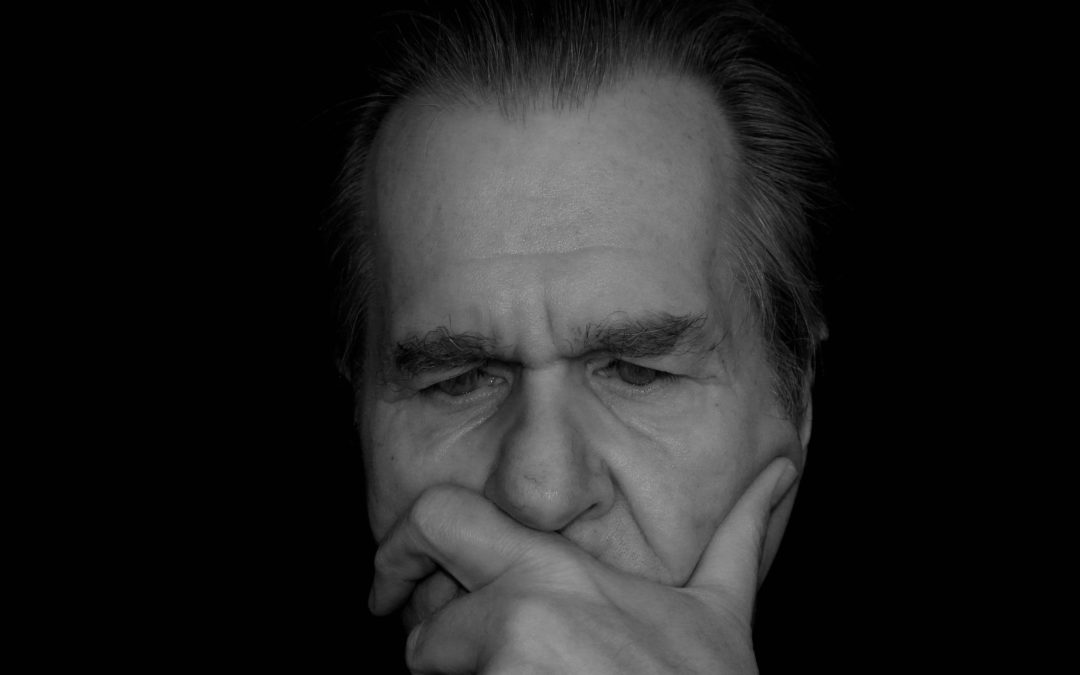I was in my mother’s office. Before me stood a proud ship, making its way out into the deeper parts of the carpet. Rays of sunlight played lazily across the discolored, fuzzy sea and the matte green cliffs. A picture of a stallion in full stride hung on the wall. Fantasy and reality mingled as I pirated the ship yet again as a foul crew of pirates. I can see my dirty-blonde bowl cut, cutting cleanly across my face above the eyebrows, shadowing my eyes as they darted from merciless, playmobile pirate to brave ship captain.
The memory recounted above describes countless hours of my boyhood. There is only one problem. It is completely fabricated.
Have you ever thought back to your younger years and found vast swaths of your life missing? Entire years have seemingly dropped from your memory without notice. And yet, when a loved one recounts the story of you falling down the stairs when you were 12, suddenly something comes back. First a whisper, then a blurry image, some emotions, some details of your surroundings. Thinking of it again later, more pieces come together. When the story is told again, you laugh along and can confirm the account. What is going on here? Has the memory truly been restored, or could your mind be playing tricks on you?
The mind is a master of illusion and a slave to belief. When push comes to shove, it will deliver a memory whether it can find the real one or not.
There are a couple easy ways to test the veracity of a memory.
- Identify the perspective. Have you ever noticed that some of your cherished childhood memories are in third person? This is a dead give-away that the original memory has been all but replaced with a fabricated one. How could I possibly remember seeing my own bowl cut in a mirror-less room?
- Test the accuracy of the surroundings. I happen to know that the walls of my mother’s office weren’t painted green and adorned with a horse painting until several years after this memory should have occurred!
- Review the storytelling. Is this the first time you have thought of the moment in decades? Or does the story get told by Aunt Fanny every Christmas? While storytelling is a wonderful means for preserving the past, it also tends to corrupt memories as the original experience becomes entangled with each new account.
- Note the means of recall. What caused the memory to resurface? A sensory experience or a remark from another person? Memories resurfaced by a sight or sound, and especially a taste or an odor, are often more reliable than those stirred by the reminiscing of a friend.
If many of your mental keepsakes turn out to be cheap fakes, don’t be alarmed, your brain is just doing its job. It neglects what is unimportant in favor of memories that are useful; whether you agree with its evaluation is a separate matter.
The brain preserves memories according to the following criteria:
1. Level of applicability to immediate circumstances. You are far more likely to remember instructions on how to deploy a parachute if you know you are about to jump out of a plane 30,000ft in the air than if you are sitting in a lecture hall with no intention to go sky-diving any time soon.
2. Perceived significance in relation to worldview. Unsurprisingly, you are more likely to remember something if it matters to you. For example, my friend Samuel is a die-hard baseball fan; baseball matters to him. Meanwhile, I don’t really care about sports in general. Guess who is more likely to remember a baseball stat if it is shared with both of us.
3. Degree of abstraction from existing knowledge. There are a couple sweet spots for this, and they lie in the extremes. For example, if you visit a friend’s house for the first time and there is a sink in the kitchen that, when the handles are turned, lets out a stream of water, you will remember where the sink is and what it does because it is aligns exactly with the overwhelming majority of experiences you have had with sinks. You will not forget that there is a sink in their kitchen precisely because, had there not been a sink in their kitchen, you would have noticed. On the opposite side of the spectrum, you are also likely to remember if your friend’s kitchen features a sink in the ceiling and it spits out singing, baby llamas when the handles are turned because that is so far removed from all of your previous experiences. If your friend’s kitchen features a generic spoon rest by the stove however, you may not remember. A spoon rest is not so common that it would be missed and not so strange that it would surprise you.
4. Relatedness to maintained memories. The key word here is “maintained,” referring to memories that have passed these criteria and have therefore not been forgotten. If a new memory is somehow connected to an already well-maintained memory, it is more likely to be maintained itself.
These criteria may seem to overlap, because they do; they all involve association. Your brain creates and stores memories by referencing them to pre-existing memories.
Jewett, Collin. Out of Your Wheelhouse. Increase Publishing, 2019.
So if you want to limit the corruption of certain memories, you need to make a point to relive them once in a while, sooner rather than later. It may seem silly to review your own memories – as if there was going to be an exam – but the simple act of recalling your experiences in detail, without embellishment, is enough to signal to your brain that they are worth keeping.
But what about memories that are already years, even decades old?
If a memory has been actively corrupted, through imprecise storytelling, trauma, etc. it can be very difficult, even impossible, to restore the original, but don’t lose heart. Your brain has held on to a wealth of experiences even without your intentional maintenance. The key to accessing the vault is to step into the shoes of the younger you. Don’t try to recall a specific event – your brain may just make something up to keep you happy – rather try to remember what is was like to live in those earlier times. What was it like to ride the bus home from school in the winter? What was it like to help mom pull weeds in the garden? When you begin to relive your former life, you will begin to regain your former experiences, slowly, but also naturally and (more) accurately.
If you want to not only regain your recollection of the past, but also be more mindful of the present and more attentive in the future, you can find more information and strategies in my first book Out of Your Wheelhouse, or you can book a free consultation with me personally HERE.


